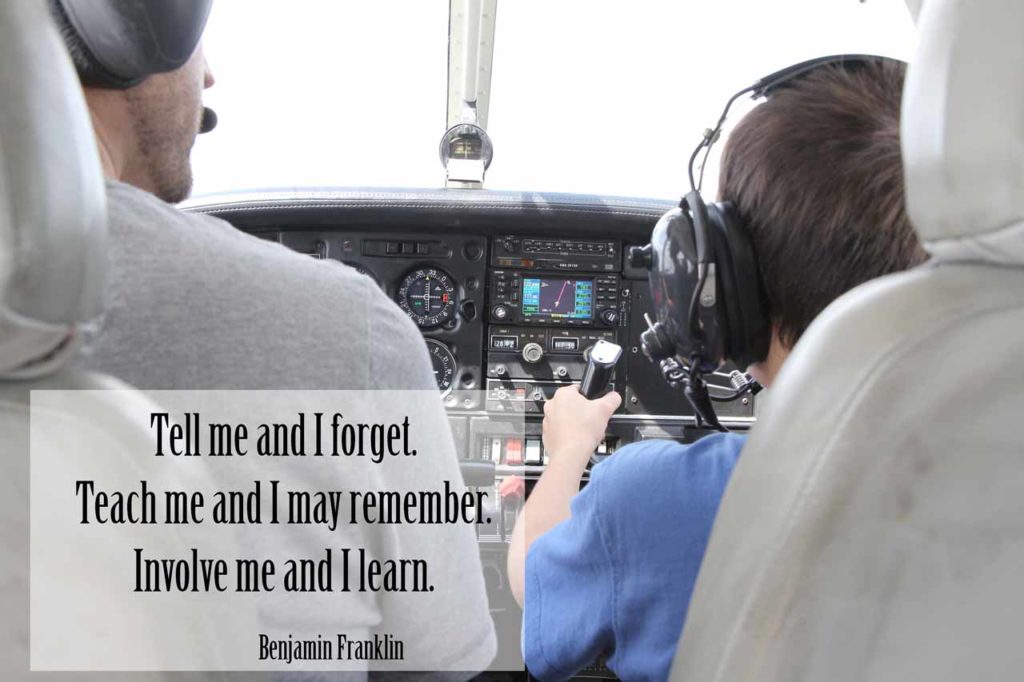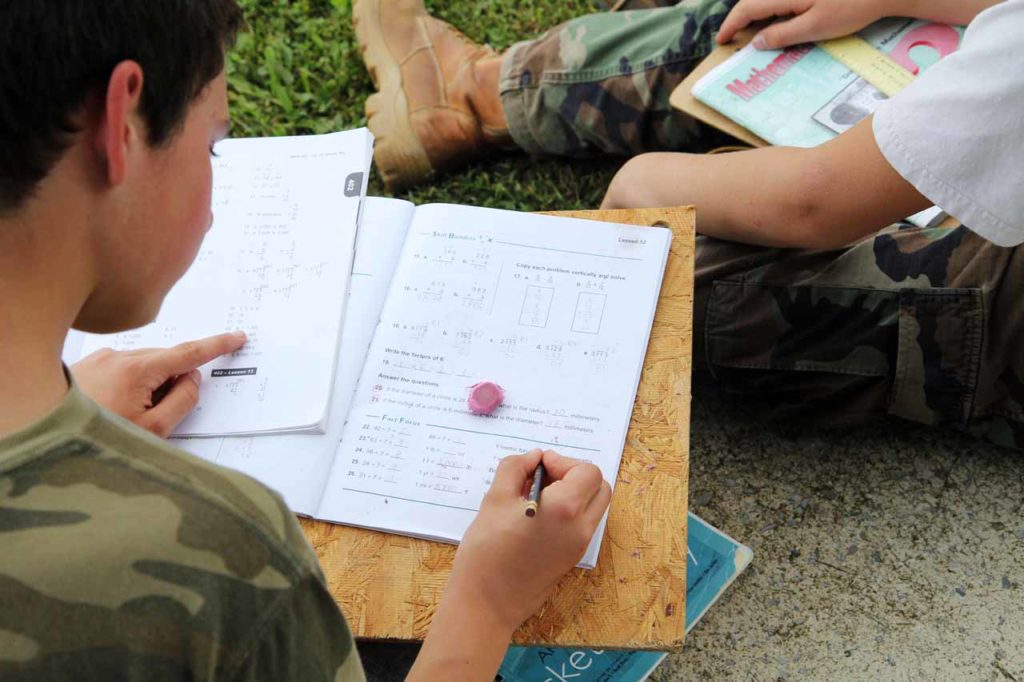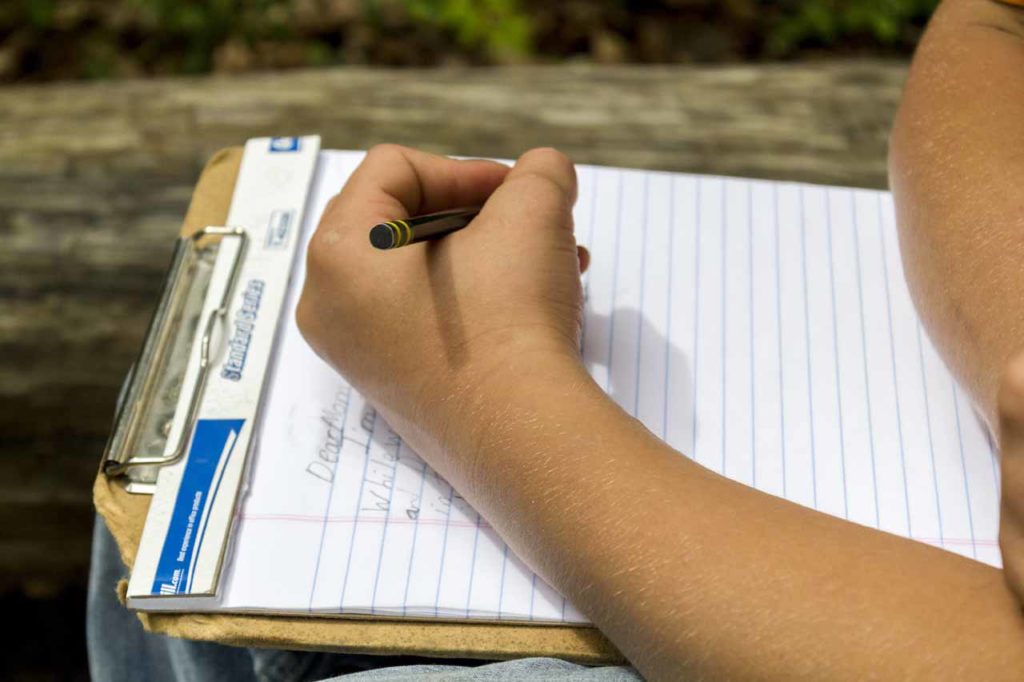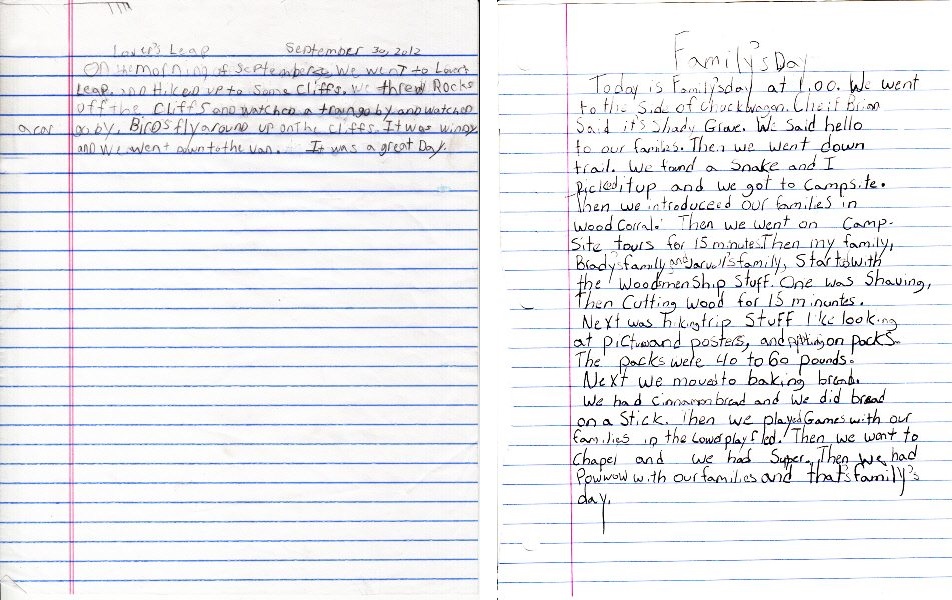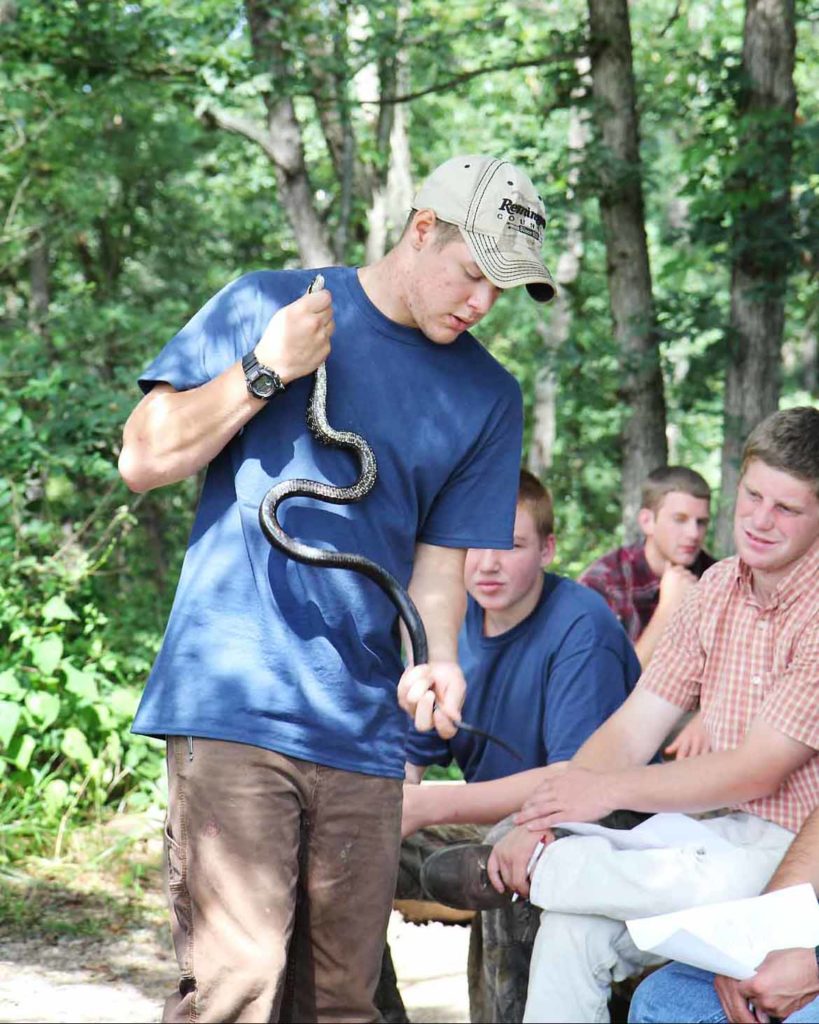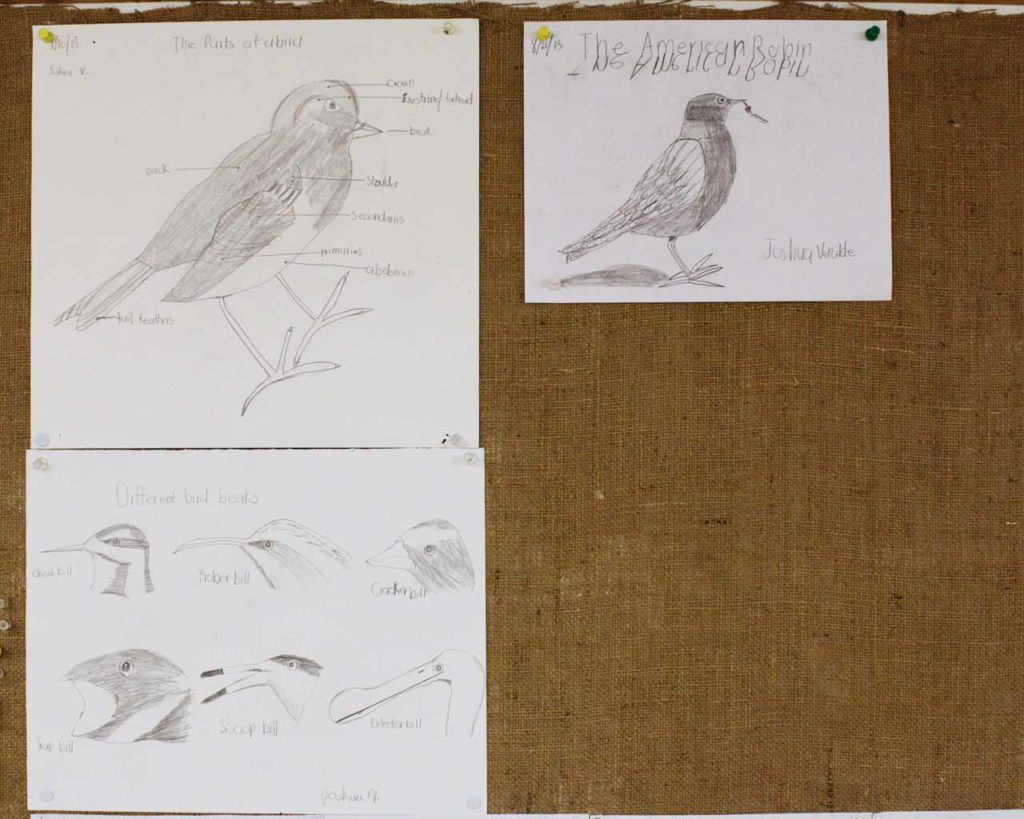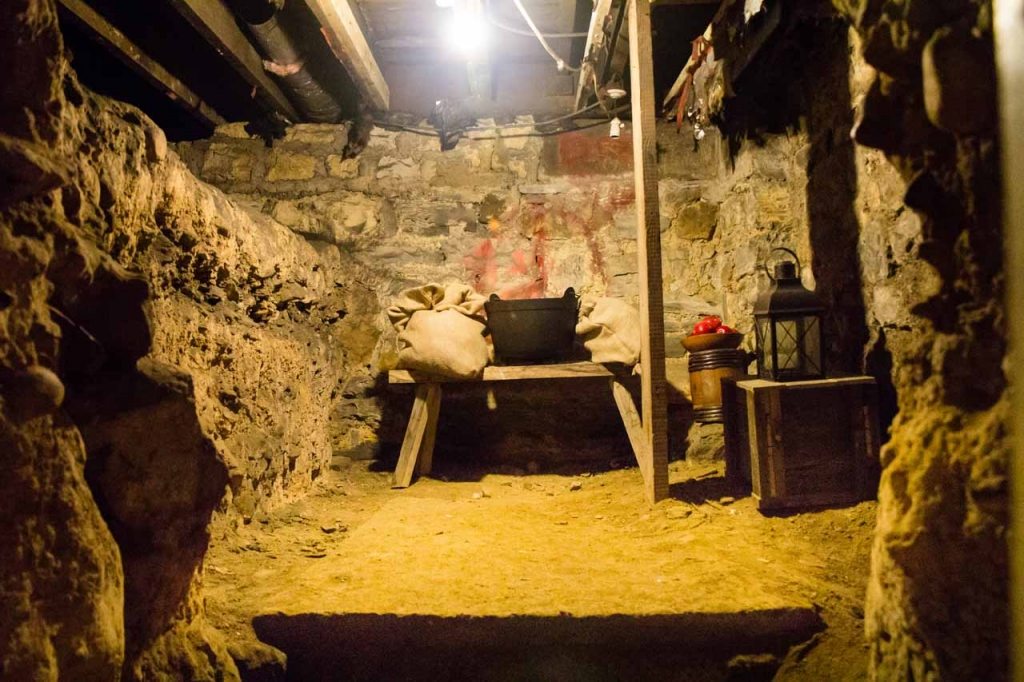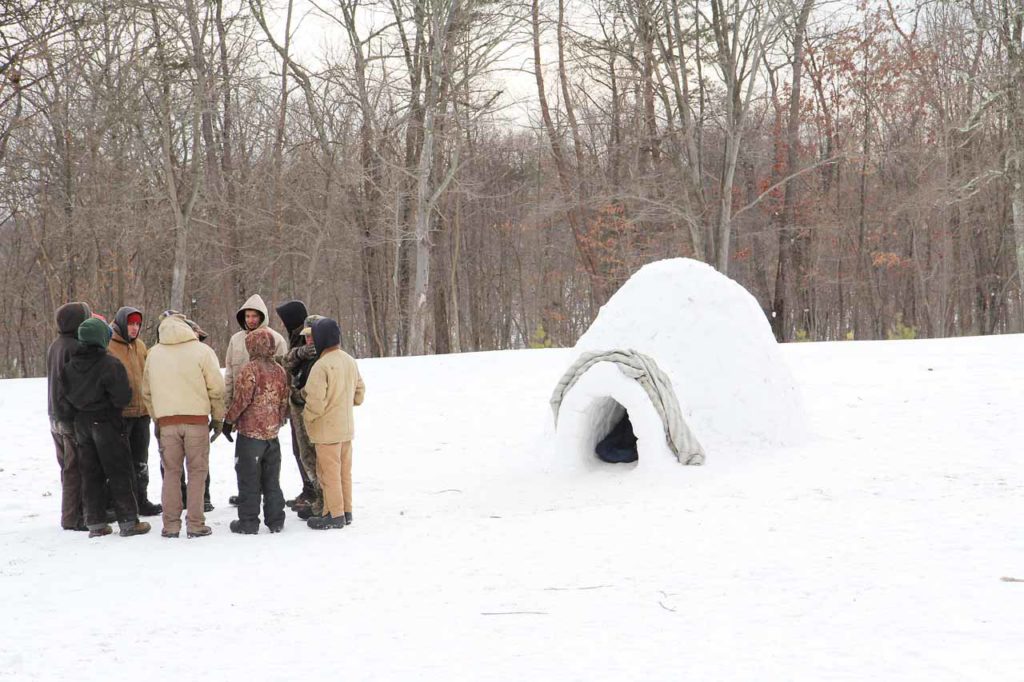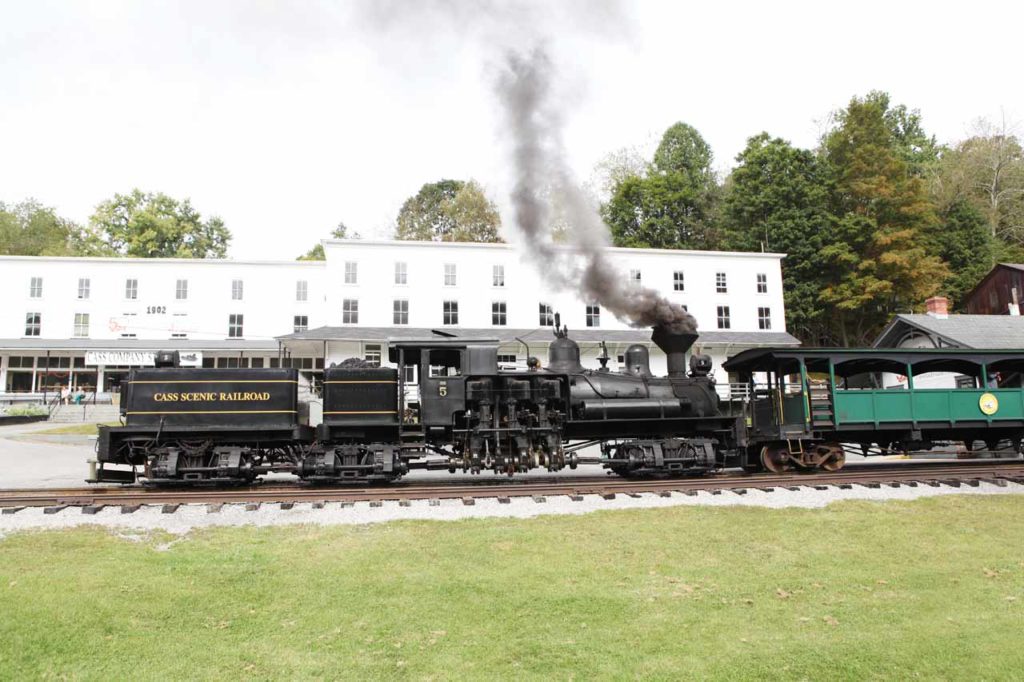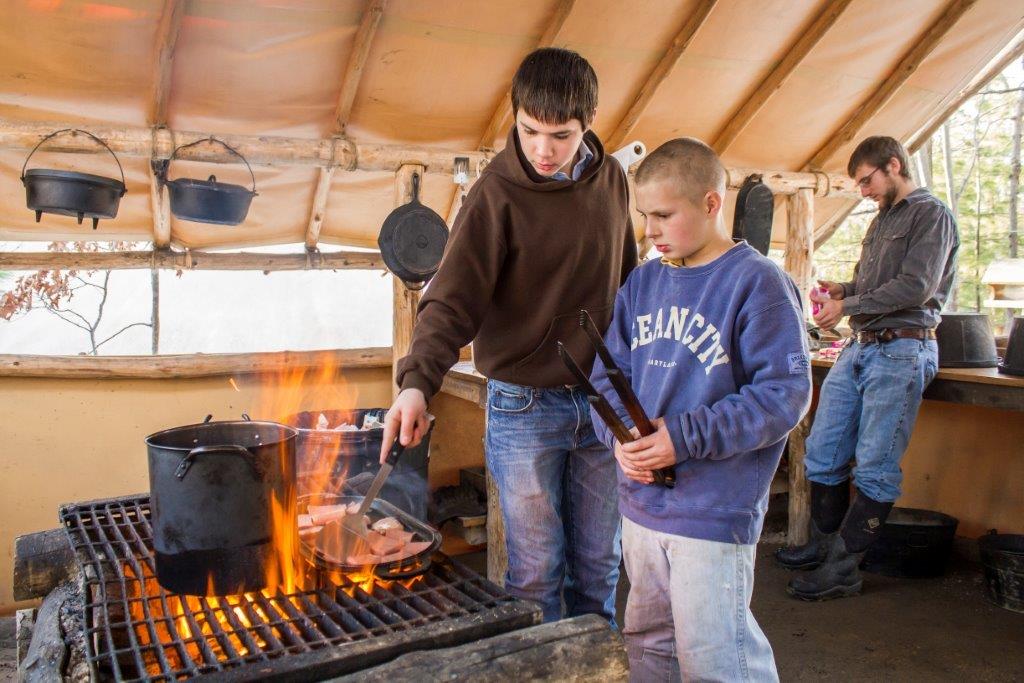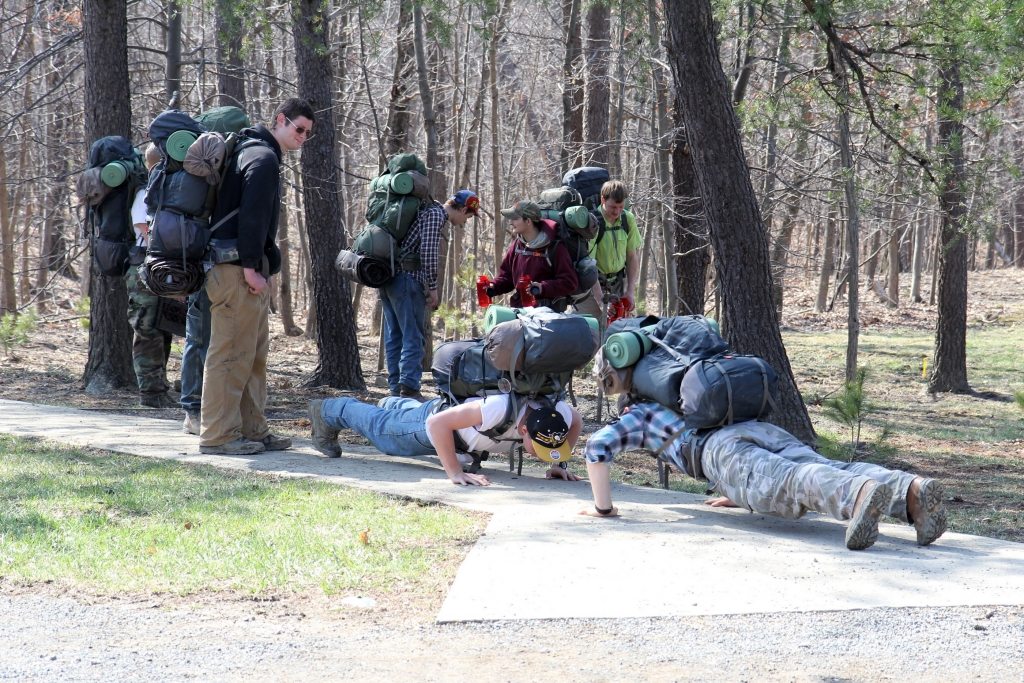Experiential education at camp is intentional, individualized, and occurs throughout the entire day. It is a gentle approach to learning, perhaps most similar to the philosophy known as Experiential Learning. We greatly value traditional education in the form of school. However, the majority of boys who come to us have failed to be successful in that setting. Our goal at camp is to pique their interest in learning so that they can go to school. It is not unusual for a boy to be failing in school when he comes to camp and to re-enter school at the appropriate grade level at the end of his stay.
Learning is incorporated into every aspect of the day and involves both academic and life skills.
Instead of sitting down to do Math and then Language Arts followed by History and so on, experiential education happens through the gentle guidance of both the chiefs and supervisors. Sometimes the subject matter is initiated by the group as one member expresses interest in a certain subject, for example, aviation. Soon, the enthusiasm spreads to the rest of the group. Other times, the subject is initiated by supervisors at sharing time during chuckwagon as they discuss historical events, holidays, or current world news.
Unlike a casual “we learn as we go” attitude, experiential education is very intentional with annual goals, short term objectives, methods, and evaluation. The only real difference is that it happens outside of traditional textbooks — with the exception of Math. While Math is incorporated into our life at camp, we find it helpful for most boys to also complete Math workbooks. Subjects frequently overlap each other. For example, when planning a trip, a group may research a river in the camp library using encyclopedias and other reference books (Science) then write articles about what they are learning (Language Arts). They share this information with the rest of camp at chuckwagon (Public Speaking) and write a formal business letter to the local DNR office for information about plant and animal life on that river (Language Arts). Finally, the group will explore the river via canoe and all they have learned is allowed to come alive …. all while they’re having fun! This is experiential education at its finest.
MATH
While using a priced grocery list, campers add and subtract whole numbers to determine the amount of each item his group will need for a meal. He multiplies to get the total cost of the meal, and then divides to learn the cost for each person.
They use graph paper to design and complete detailed drawings of a functional structure.
They learn to correctly use fractions to determine amounts of food to be purchased or the amount of material needed for a project.
Through tent building, campers learn to work with measurements using tape measures to determine the length of lumber, poles, tarp, plastic, and other items needed. In school, an incorrect answer garners a red x. At camp, we work until we solve the problem correctly because our tent depends on it.
Campers learn to use measuring cups to determine correct amounts of dry and liquid ingredients while cooking. They learn how to compute the amount of wood in cords, to accurately read a thermometer, and to accurately compute distance using different kinds of maps.
At trading post, he is given a weekly allowance which allows him to learn how to add and subtract as he saves or makes purchases. If he is frugal when purchasing necessities such as postage and body wash, he can transfer money into his own savings account and compute interest. Each camper learns to keep a balanced checkbook.
LANGUAGE ARTS
Campers read pamphlets, letters, catalogs, and reference books concerning places his group would like to visit. They learn to use correct spelling, punctuation, and grammar while writing plans, preparing menus, or writing articles.
They write a personal letter at least every two weeks and write business letters to places of interest when preparing for trips.
They write articles about things they have seen or experienced every day on a trip and frequently throughout a session. These articles are published in the Pinewood Post, a camp news publication, at the end of every session.
They learn to write lists for trip requisitions.
Campers learn to use a dictionary, encyclopedias, and reference books.
They read fiction and non-fiction for pleasure.
They practice reading orally at chapel and during chuckwagon.
{Here is an example of the difference in one camper’s articles. The first was written soon after he arrived at camp. The second was written after approximately eighteen months of camp’s experiential education.}
SCIENCE
While rambling on camp property and on trips, campers learn to identify and write the names of trees, plants, animals, reptiles, fish, and insects.
They learn about food chains, ecosystems, and environmental concerns such as erosion and deforestation.
They learn to keep a log of all plants or animals seen including the name, location of sighting, and time of sighting.
Campers learn to observe and discuss different types of rocks, identify different cloud types, and the concept of humidity.
They learn about wind speed and direction, forms of precipitation, and the relationship of weather and seasons.
SOCIAL STUDIES
As a group, campers study the Camp property and determine the best place to build a structure.
They study concepts of conservation and the environment.
Through trips, they are exposed to a variety of new places, ideas, and peoples.
They learn about different lifestyles and study people groups such as the Indians or early Pioneers.
They learn to use road maps and topographical maps, map terminology, and how to write directions.
They discuss the origins of holidays, national events, and other news highlights.
As a group, they make extended bus, canoe, or hiking trips to further explore places they have been studying.
As a camp, they take day trips to local places of interest.
HOME ECONOMICS
Campers learn how to make their bed properly.
They successfully plan and prepare meals for groups of up to twelve people.
They learn to properly clean the shower house and eating facilities.
They learn to properly sort, fold, and neatly put away their own laundry.
PHYSICAL EDUCATION / HEALTH
Campers learn to play various group games.
They learn about sportsmanlike conduct including adherence to rules, acceptance of a referee’s decision, and acceptance of a win or loss.
Through regular exercise, they increase in overall fitness, agility and locomotor skills.
Campers learn to use good personal hygiene and to dress properly for weather conditions.
They learn basic first aid techniques.
IN ADDITION:
Experiential euducation teaches skills that can’t be put into a textbook. At camp, every boy learns to love to sing. Some of the boys learn to play guitar, mandolin, or other hand-held instruments. They learn good citizenship when they pick up waste products from state reforestation. They learn to care for the environment when they help to re-stock fish locally. They learn to build community when they Christmas carol for the neighbors. They learn to honor and respect authority. They learn leadership skills when they help to lead a song at chapel or in chuckwagon.

